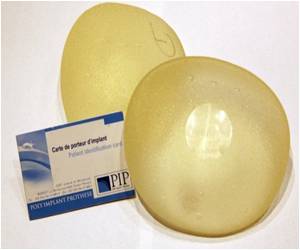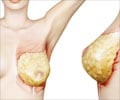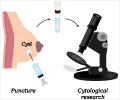
Six distributors of the faulty implants from Bulgaria, Brazil, Italy, Syria, Mexico and Romania had sued TUV for a total of 28 million euros ($38 million).
More than 1,600 women who were fitted with the implants -- most of them from South America but also from France and Britain -- were also asking for 16,000 euros each, taking the total claims against TUV to 53 million euros.
The court ordered the German firm to compensate "the damage (done to) importers and victims", telling TUV to give the victims 3,000 euros each while waiting for individual assessments to be conducted for each woman.
It was not immediately clear whether TUV had been ordered to pay the full sum asked by distributors and victims.
An estimated 300,000 women in 65 countries are believed to have received the faulty PIP implants, and more than 16,000 women have had them removed.
Advertisement
Civil proceedings against TUV took place in March, and came on top of a high-profile criminal court case in April and May in the nearby city of Marseille against PIP founder Jean-Claude Mas and four other executives.
Advertisement
In the TUV case, lawyers for the distributors and victims had condemned the German firm for not ever having checked the implants despite all the means at their disposal, such as unexpected inspections or sample testing.
But lawyers for TUV retorted that it was never the German firm's job to check the actual implants, and their task was only to inspect the manufacturing process.
The substandard gel was found in 75 percent of PIP breast implants, saving the company about one million euros annually, according to an ex-company executive. The firm has since been liquidated.
Source-AFP













